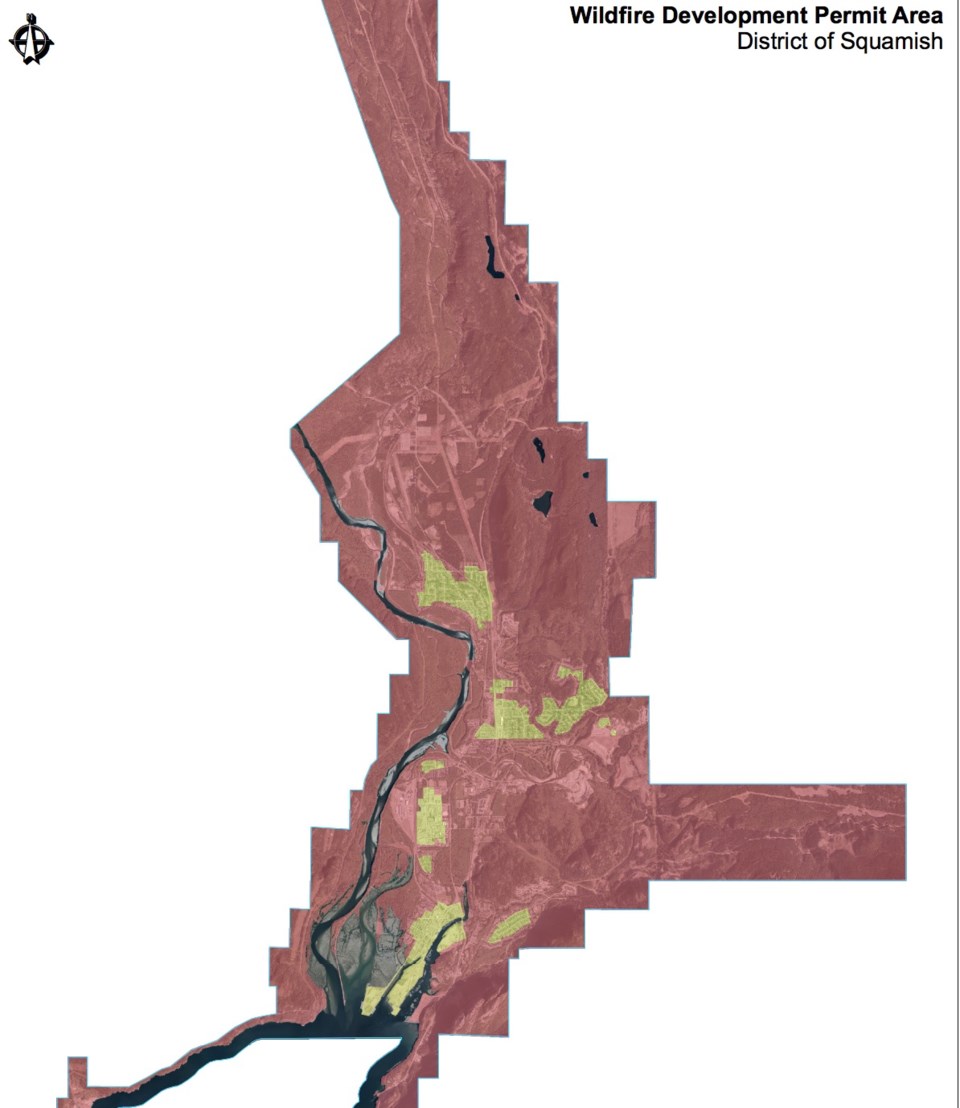When Coun. Doug Race had the chance to drive by Lytton recently, he had only one word to describe it.
"I actually had an occasion to drive through Lytton...and one word I can give to describe that is the word 'frightening,'" said Race."It is really quite astonishing what's happened."
He said it was important to make sure ย้ถนษ็น๚ฒ๚is more resilient to that type of threat."The only thing that is certain is that those types of threats are not decreasing but increasing," he said.
The small village was essentially wiped off the map this summer in a massive wildfire. The blaze was sparked after the community had broken the country's all-time hottest temperature record multiple times.It was an event that was fresh in the minds of Squamish's elected officials as they discussed the upcoming wildfire development permit area bylaw.
"The long-term reality of the Lytton fire this summer is setting in, if it hasn't already, for pretty much everyone," said Coun. John French."This is an important step for protecting our town from a wildfire in the future."
in favour of passing third reading on this set of regulations. The vote followed a brief public hearing where no members of the public spoke either for or against the proposed bylaw.The bylaw is expected to be adopted in the near future.
The idea behind the wildfire development permit area is to identify zones in ย้ถนษ็น๚ฒ๚where there is a high risk of wildfires damaging homes.
The area blankets virtually all of the town, save a few patches of properties.
In these locations, all new development or new renovations will be required to have fire-resistant roofing, fire-resistant building components and fire-resistant landscaping.
Existing homes will not have to be overhauled to abide by the new fire regulations unless homeowners undertake a major renovation project.A wildfire landscaping management bylaw will accompany the new regulation. This proposed set of regulations will work in tandem with the development permit bylaw. That set of bylaws is expected to be considered by council on Oct. 19.
Under the landscaping bylaw, certain types of plants, hedges, and trees will not be allowed due to their combustibility.As a result, new cedars, junipers, and yews may not be planted.
"These were identified by our expert who worked on this project with us as really hazardous plants that we just don't think are appropriate," said planner Matt Gunn.Mayor Karen Elliott said that for the next step, she would like to see opportunities to enact this mandate with equity, something which is currently missing.
She suggested the idea of using grant money to help shoulder the bills for people who can't afford to make fire-resistant changes to their properties."When we look at grants that are coming from the provincial government around supporting innovative ways to FireSmart the communities, we need to start thinking about how we can use these," said Elliott.
She noted Lillooet received grants to do FireSmart assessments for seniors, make recommendations and do the work."I think that's where we need to go for our community is to help them do this work in any way we can for those who don't have the disposable income," Elliott said.
To learn more, go to .




